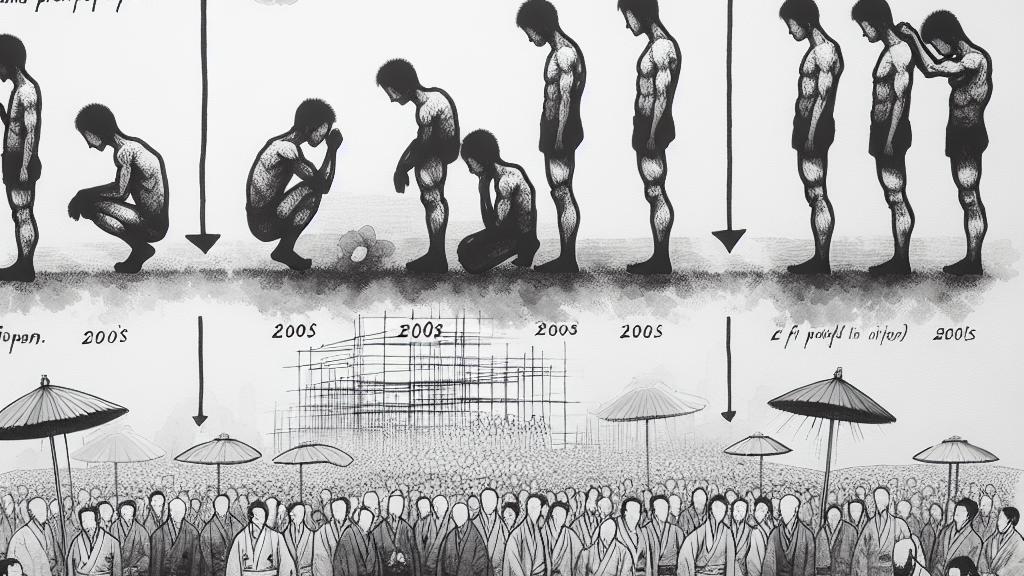Exploring the Disconnect in Women’s Discourse on Non-Popular Men and Weak Men
Overview
- The evolving conversation about 'non-popular' and 'weak men' highlights significant cultural shifts over the past two decades.
- Women's perspectives are increasingly shaping discussions that were historically male-dominated, revealing new dynamics.
- A crucial disconnect exists in how women perceive non-popular men, influenced by personal experiences and societal narratives.

Understanding the Historical Context
Emerging prominently in the early 2000s, the discourse surrounding 'non-popular men' began to carve out a niche in Japanese culture before social media's explosion. Authors such as Koyano Atsushi and Honda Tohru introduced poignant narratives that grappling with the realities faced by these men, who often struggle with social proficiency or romantic success. These narratives portrayed them as sympathetic figures—characterized by loneliness and misunderstanding—drawing readers' compassion. Yet, as the conversation evolved and more women began sharing their insights, a notable shift occurred. Terms like 'weak men' emerged, reflecting not only societal frustrations but also the complexities of masculinity in a rapidly changing cultural landscape.
Perceptions of Non-Popularity
Intriguingly, the way women perceive non-popular men often diverges significantly from the experience of these men themselves. Many women tend to base their views on personal experiences, which can lead to sweeping generalizations. For instance, a woman may remember a negative interaction with a non-popular man and subsequently categorize all similar men as problematic. This leads to unfair stereotypes, trapping individuals beneath a single narrative while ignoring their potential for kindness or growth. The cumulative effect of these biases not only stifles productive dialogue but also obscures the unique stories that each man embodies, suggesting an urgent need for greater empathy and understanding.
Consequences of Misalignment
The resulting disconnect in narratives concerning non-popular men has profound implications for their identity and societal interactions. When women express frustration about non-popular men, there is often an inadvertent reduction of these complex individuals to mere caricatures. Consequently, such stereotypes can alienate these men, making them feel both misunderstood and isolated. For instance, discussions in online forums may be filled with pleas for recognition from non-popular men, yet women’s critical voices frequently overshadow these concerns. To mend this rift, it is essential to foster inclusive conversations, acknowledging not only women’s frustrations but also the inherent challenges faced by these men. Such dialogue not only promotes understanding but also cultivates a deeper personal connection, essential for embracing the multifaceted realities of being a non-popular man in today's society.

Loading...